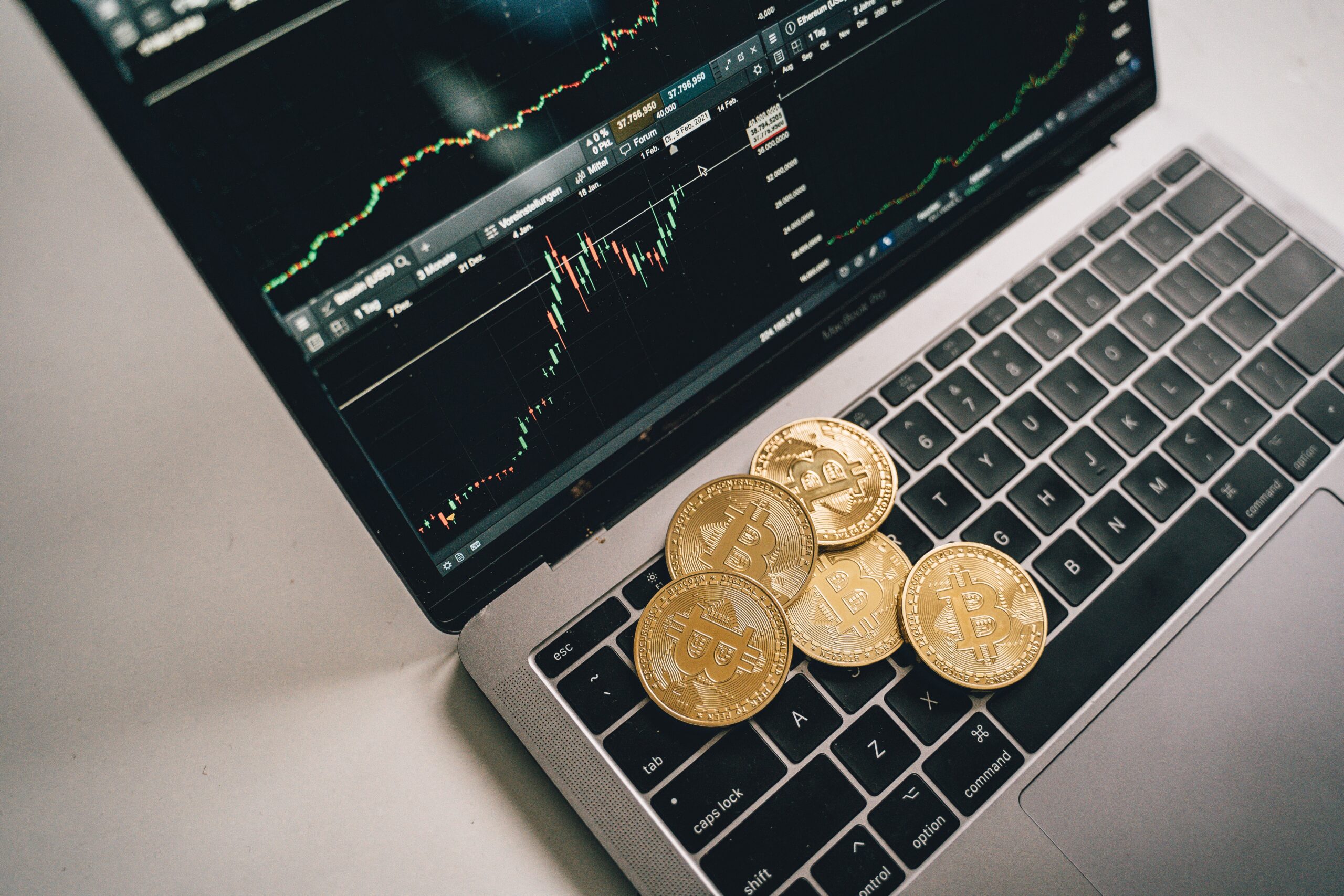Mark Cuban, the renowned billionaire celebrity investor, shares his perspective on the future of digital assets while maintaining his belief in the potential of cryptocurrencies.
Recently, Mark engaged in a friendly Twitter debate with John Reed Stark, a crypto skeptic and the founder of the U.S. Securities and Exchange Commission’s (SEC) Office of Internet Enforcement. The discussion revolved around the merits of digital assets and the SEC’s regulatory approach.
Stark argues that crypto’s initial promise has faded over time, casting doubt on the intelligence and reliability of smart contracts. He claims that these contracts lack the essential elements of trust and redress, which are offered by traditional financial institutions.
According to Stark, “Smart contracts lack intelligence, trust, and privity. They are mere lines of code, often flawed and susceptible to errors and vulnerabilities, and can be easily manipulated by programmers.”
Contrasting Stark’s viewpoint, Mark Cuban draws from his experience as an entrepreneur who founded companies that were initially deemed unnecessary but eventually became indispensable. He acknowledges that while the term “smart contracts” may not accurately reflect their nature, their utility remains valid. Cuban predicts that a significant majority of blockchain companies (90%) and tokens (99%) will ultimately fail, drawing parallels to the early days of the internet and the fate of startup companies that leveraged emerging technologies like large language models.
Nevertheless, Cuban highlights that among the failures, there will be game-changing winners. This is a common pattern in the technology industry, where a few successful innovations redefine the landscape.
Additionally, Mark Cuban outlines the potential applications of smart contracts. He shares an example of Book.io, which brokered a deal to sell his book as a non-fungible token (NFT). This innovative approach allows for smart contracts to track sales in secondary markets and immediately pay royalties—a feature not available with physical or traditional digital books. He also discusses the possibility of utilizing blockchain to purchase and burn carbon credits as offsets and highlights the convenience of purchasing weather insurance that utilizes real-time data feeds and smart contracts to provide immediate payouts based on national weather conditions.
Mark Cuban’s insights shed light on his belief in the future of digital assets, while recognizing the risks and the transformative potential that lies within the crypto industry.
Read Also: Billionaire Mike Novogratz: BlackRock Filing for Bitcoin ETF Is Great for BTC


Comments are closed.